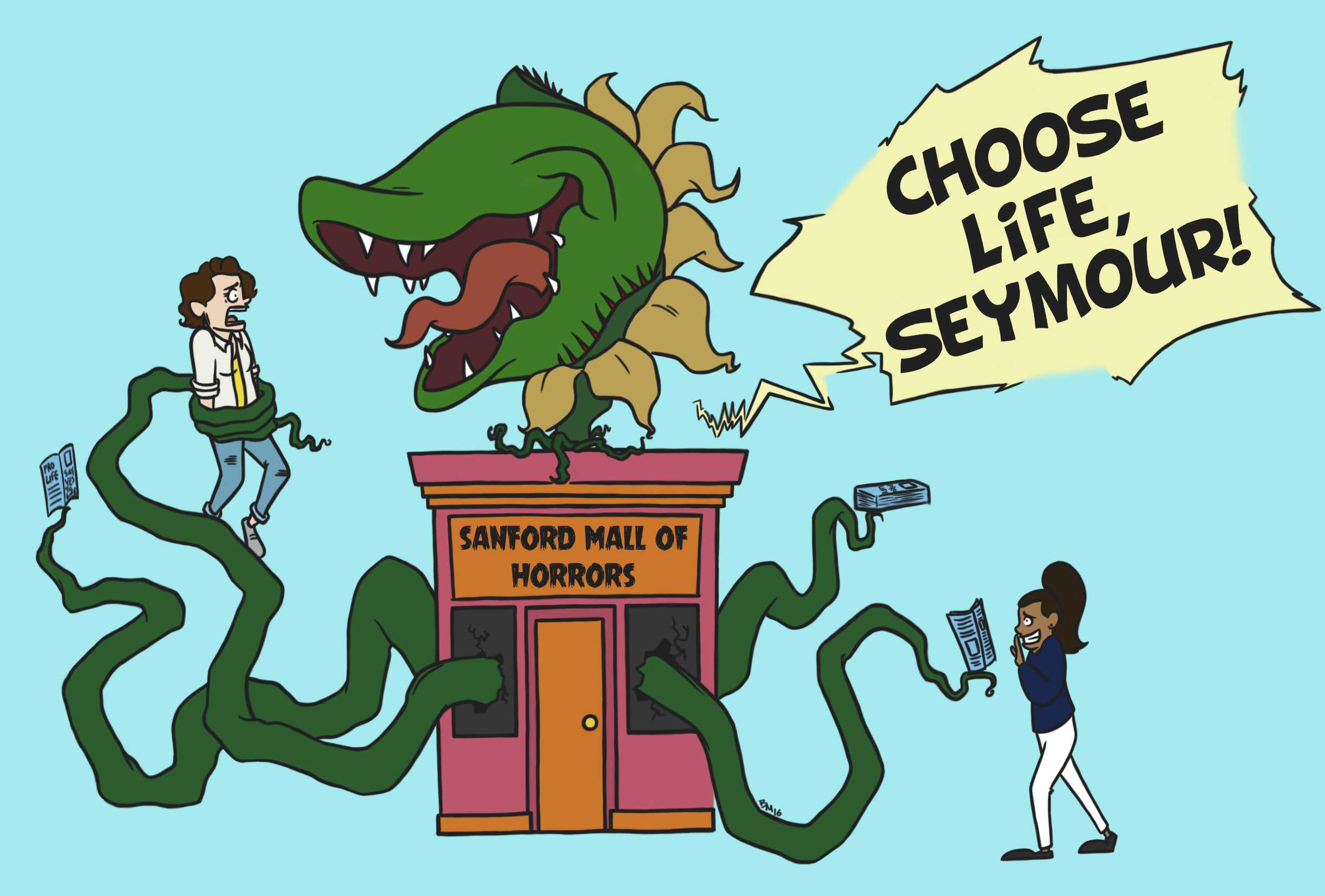
Burton Joseph is one of my heroes. While he is not well known, Joseph’s stance in one of the most polarizing free speech cases in American history had been a source of great inspiration for me.
In 1977, the American Nazi Party attempted to march in the Chicago suburb of Skokie, a community which included a significant number of Holocaust survivors. Naturally, there was great push back to this event.
Joseph, as part of his work for the ACLU, insisted that the organization defend the Nazis. A number of high-ranking members of the ACLU were Jewish and they supported the groups’ efforts to defend the group because of their devotion to the principle of free speech.
While the march was eventually moved, a court ruling ultimately established the right of the Nazis to march.
Ever since I’ve known that story, I’ve had so much respect for the actions of the ACLU lawyers at that time. Here were a group of men, who have as much reason as anyone to despise the Nazis, standing up for them in the name of a principle.
Ever since I knew I would be writing about last week’s graphic on the anti-abortion demonstration, I’ve thought a lot about that story. It embodies the views I still hold about how free speech, even for heinous views, must be protected so that we can all enjoy that same freedom.
The anti-abortion demonstration certainly does not rise to the level of a Nazi march, but I think some of the same lessons still apply.
Since the demonstration happened, I’ve seen a number of criticisms of the administration for allowing a protest like this on campus. A common theme is the idea that graphic nature of the protest is disruptive in a way that interferes with student education, particularly among women.
There is certainly one side of this debate that is eager to tell people to get over it because it is impossible to avoid being offended.
While I think there is some merit to that point of view, I do think it can be too dismissive of the experiences of marginalized people. The oppression and discrimination that many groups face is real, and difficult for people who have not had to deal with those injustices to understand.
In the case of abortion, there are already plenty of laws that humiliate and stigmatize people who have had abortions. The deeply inflammatory and often inaccurate rhetoric that accompanies this is deeply offensive to all women.
At the same time, I don’t believe the answer is to ban or stringently curb the speech of anti-choice activists, even those who express themselves in incredibly crude ways. I echo the ACLU position that the best way to combat negative speech is with strong positive speech.
What happened last week provides students with an excellent opportunity to come out and educate people about reproductive rights and how they are currently being attacked in our own state.
The danger of calling on the administration to silence some protestors is that it might lead to a situation where all students, even the ones whose views I believe to have merit, could face challenges to expressing their views.
In fact, that type of thing has happened before. In the 1980s, campus speech codes at the University of Michigan were used in more than 20 instances against minority students by white students, according to the ACLU.
In the past few years, we have all seen protests on campus that could be controversial and might offend certain people. Walkouts, die-ins and slut walks have all been conducted on campus.
While each of these events might be considered to be offensive or disruptive, they served the important function of bringing important issues to light, issues that many people do not want to talk about but which must be discussed.
Calling on administration to limit the speech could conceivably lead to crackdowns on things like that in the future. That is the last thing that we should want for this campus.
Griffin, a senior journalism major from Madison, is the Opinion Editor.
